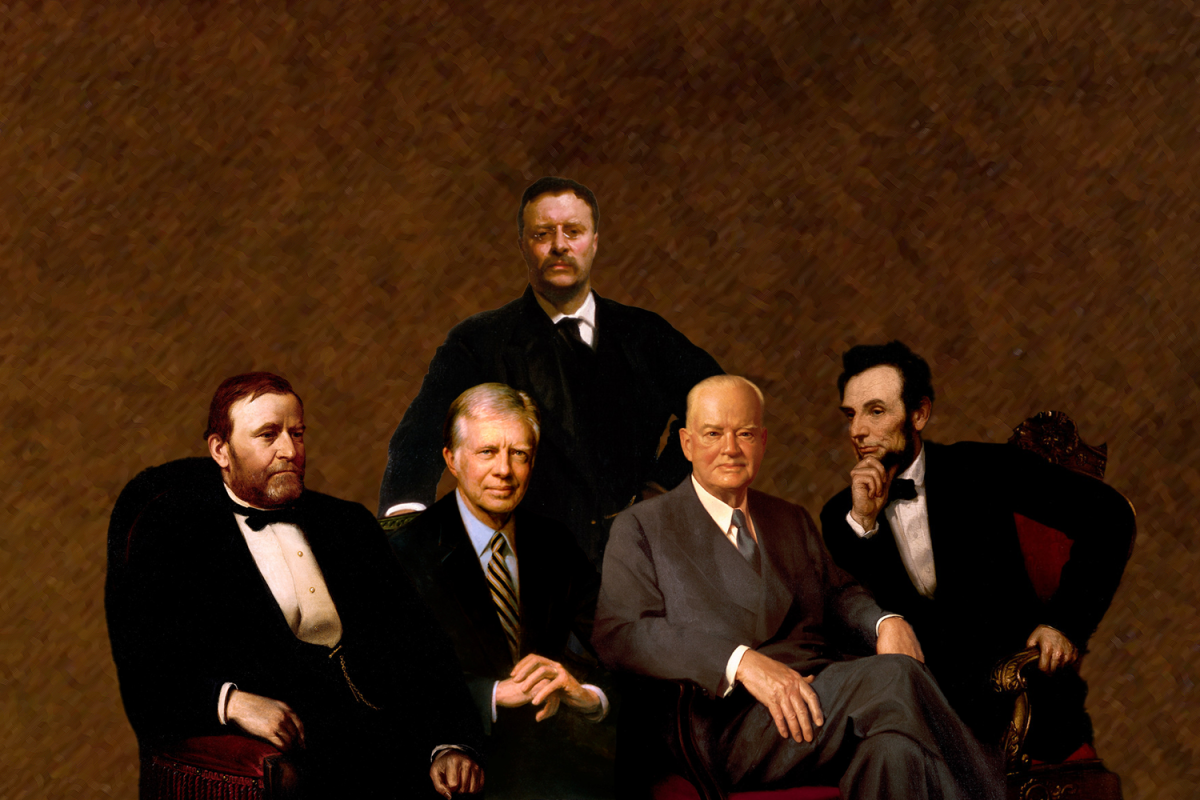Trigger Words is a perspective series examining the language we throw around without thinking—and the impact it can leave behind. In a culture where “jokes” blur with insults and memes replace meaning, this series unpacks the words we’ve normalized and asks: Who’s listening? And what are they hearing?
You’ve probably heard it. You’ve maybe even said it.
“Kill yourself.”
It slips out in the middle of a heated game. Or maybe someone sends it in a group chat after a friend makes a terrible pun. The phrase gets tossed around like a punchline—and like most punchlines, people laugh it off. That’s the joke, right?
Except it’s not. The problem isn’t just that “kill yourself” is harsh. It’s that it’s become so common it’s stopped sounding harsh at all.
The casual tone doesn’t match the weight of the words.
Suicide was the second leading cause of death among people aged 10-24 in the U.S. in 2023., according to the Centers for Disease Control and Prevention and National Institute of Mental Health.
That’s not just a grim stat—it’s a reminder that suicide is much closer than we may realize. An epidemic that has taken someone’s brother. Someone’s friend. Your Journalism teacher’s college roommate.
That stat calculated the deaths from suicide, not the attempts, not the ideations.
For people who are struggling—with depression, with anxiety, with things they aren’t showing on the outside—that kind of “joke” doesn’t feel like a joke. It feels like another reminder that what they’re going through isn’t being taken seriously.
But here’s where it gets more complicated: most people who say “kill yourself” don’t mean it literally. They’re just repeating something they’ve heard before. Somewhere between TikTok threads, the game’s voice chat and the cafeteria table, the phrase got flattened into a meme. Now it’s shorthand for “you messed up” or “I’m roasting you”—a hyper-exaggerated reaction that’s meant to be funny, not final.
So how did that become normal?
We could blame internet culture. We could blame desensitization. But part of it is that we rarely stop to think about the origin of what we’re saying—or who might be listening.
This isn’t about walking on eggshells. It’s about realizing that not every punchline lands the same way with every audience. Humor doesn’t have to be sanitized, but it also doesn’t have to be built on someone else’s breaking point.
There’s no call to action here. No “we must do better” speech. Just a question: If someone you cared about was hearing that phrase at their lowest—would you still think it’s funny?
If you or someone you know is struggling with thoughts of suicide, help is available.
Call or text the Suicide & Crisis Lifeline at 988, or visit 988lifeline.org for free, confidential support 24/7.

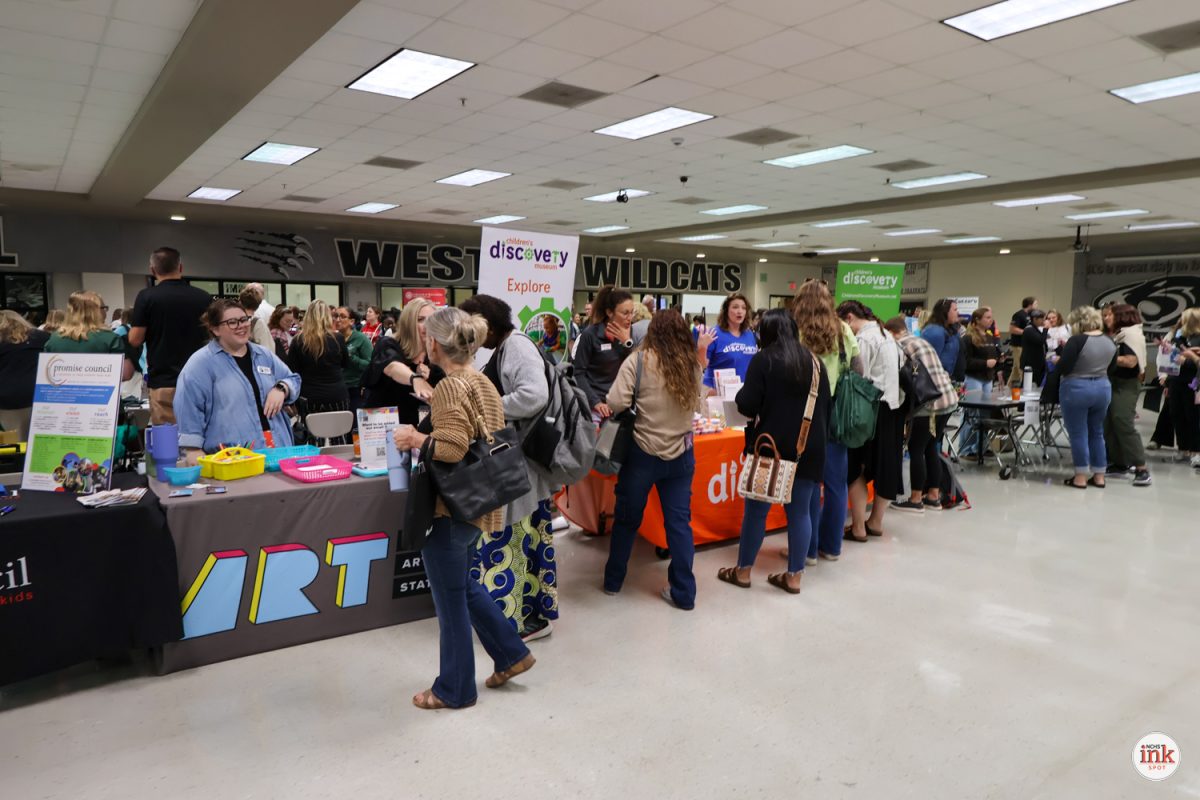
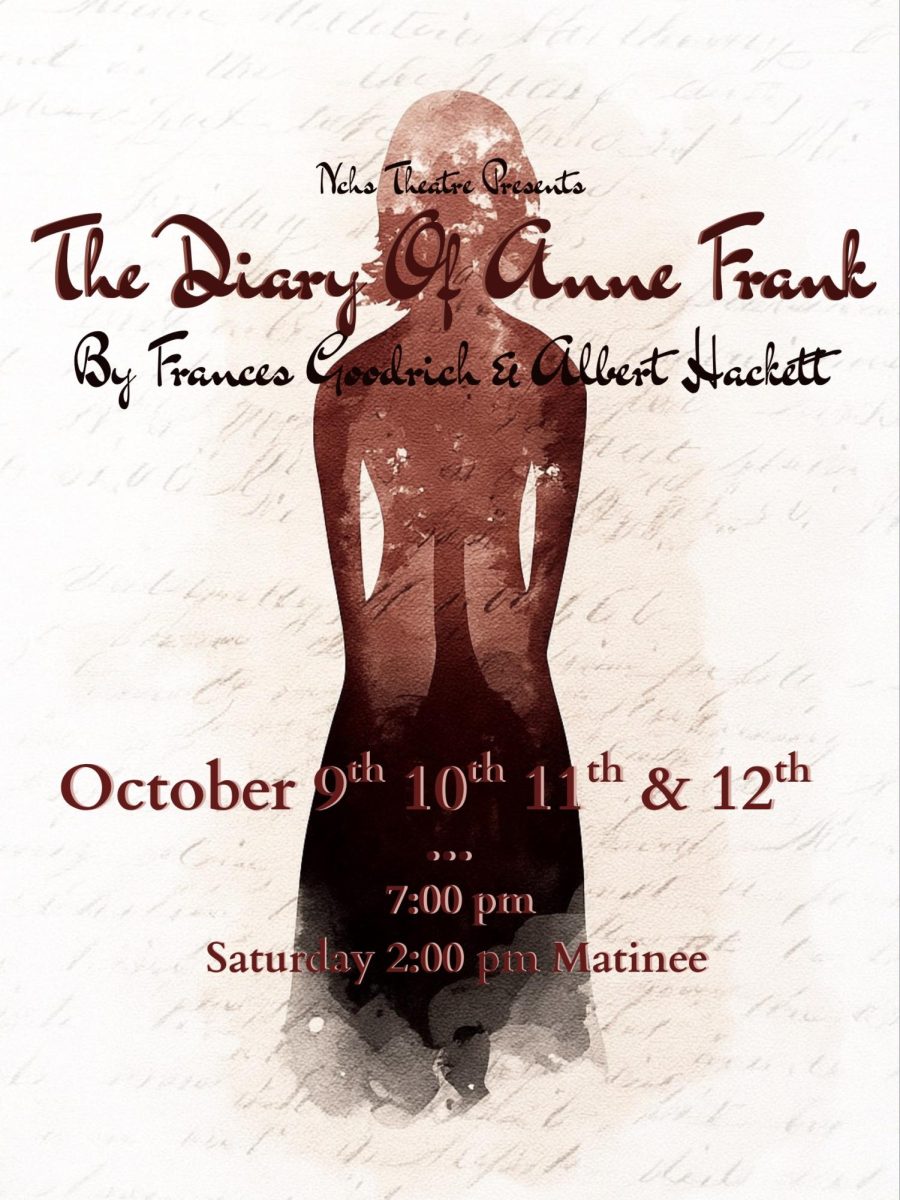
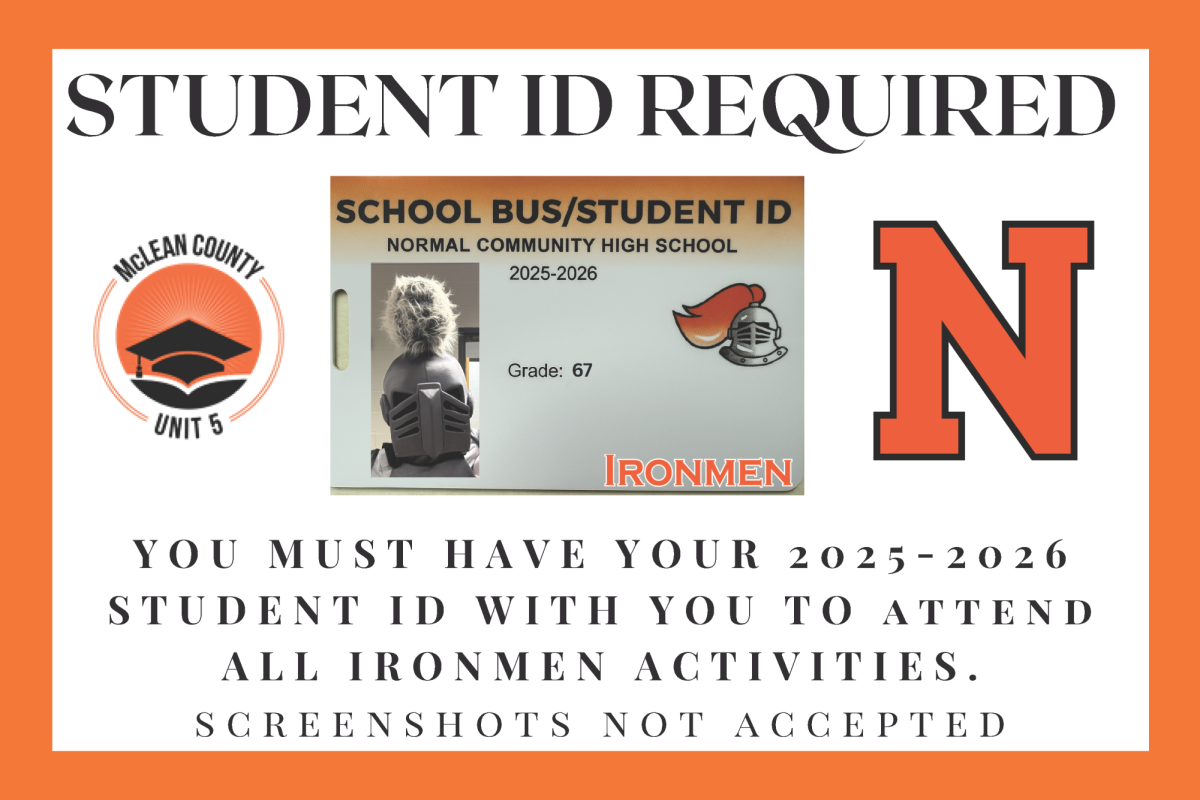
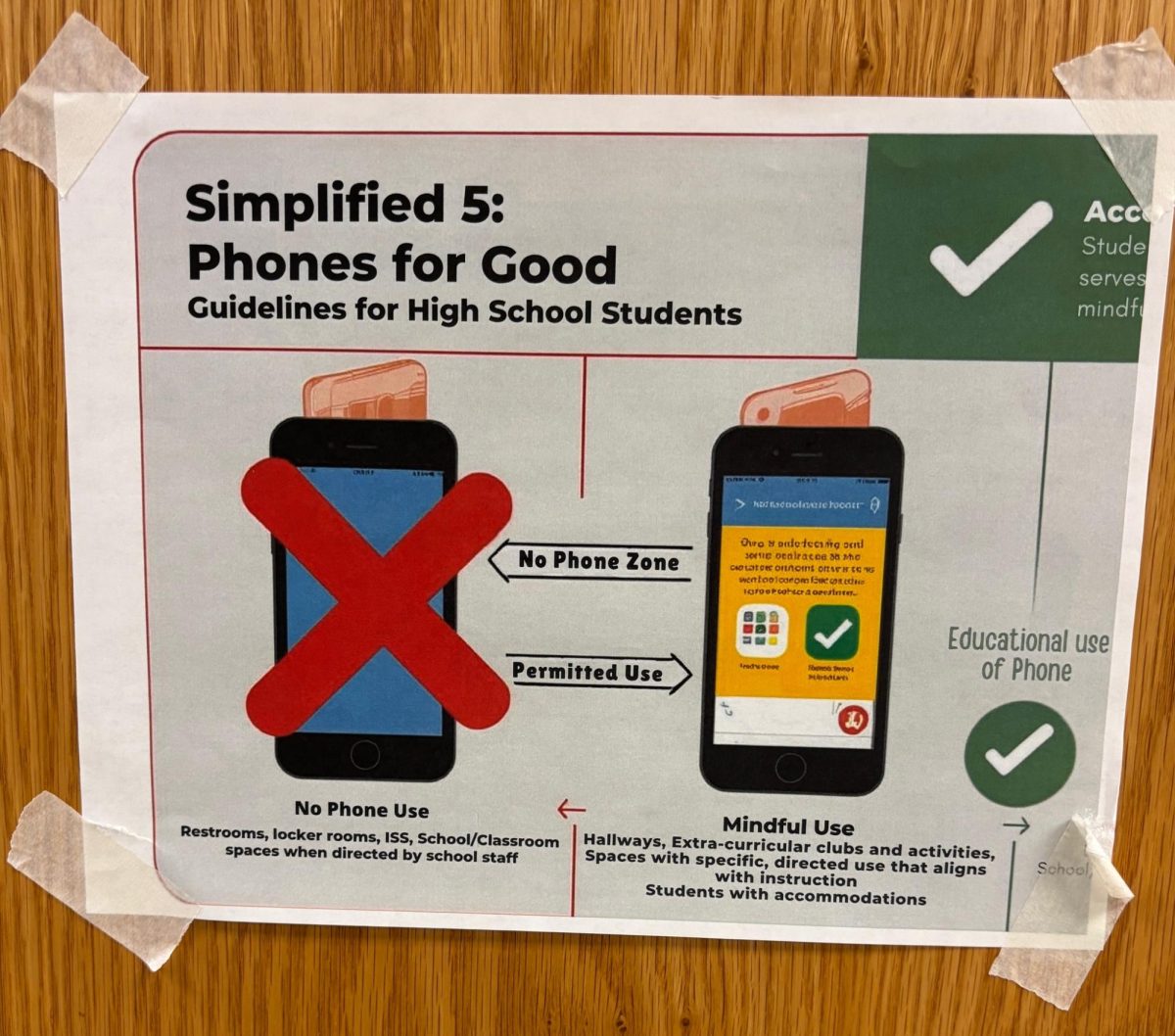






















![Week 7: Coach Drengwitz recaps the Ironmen’s win over Bloomington, talks Danville [video]](https://nchsinkspot.com/wp-content/uploads/2025/10/Vikings-feature-Image-1200x675.png)

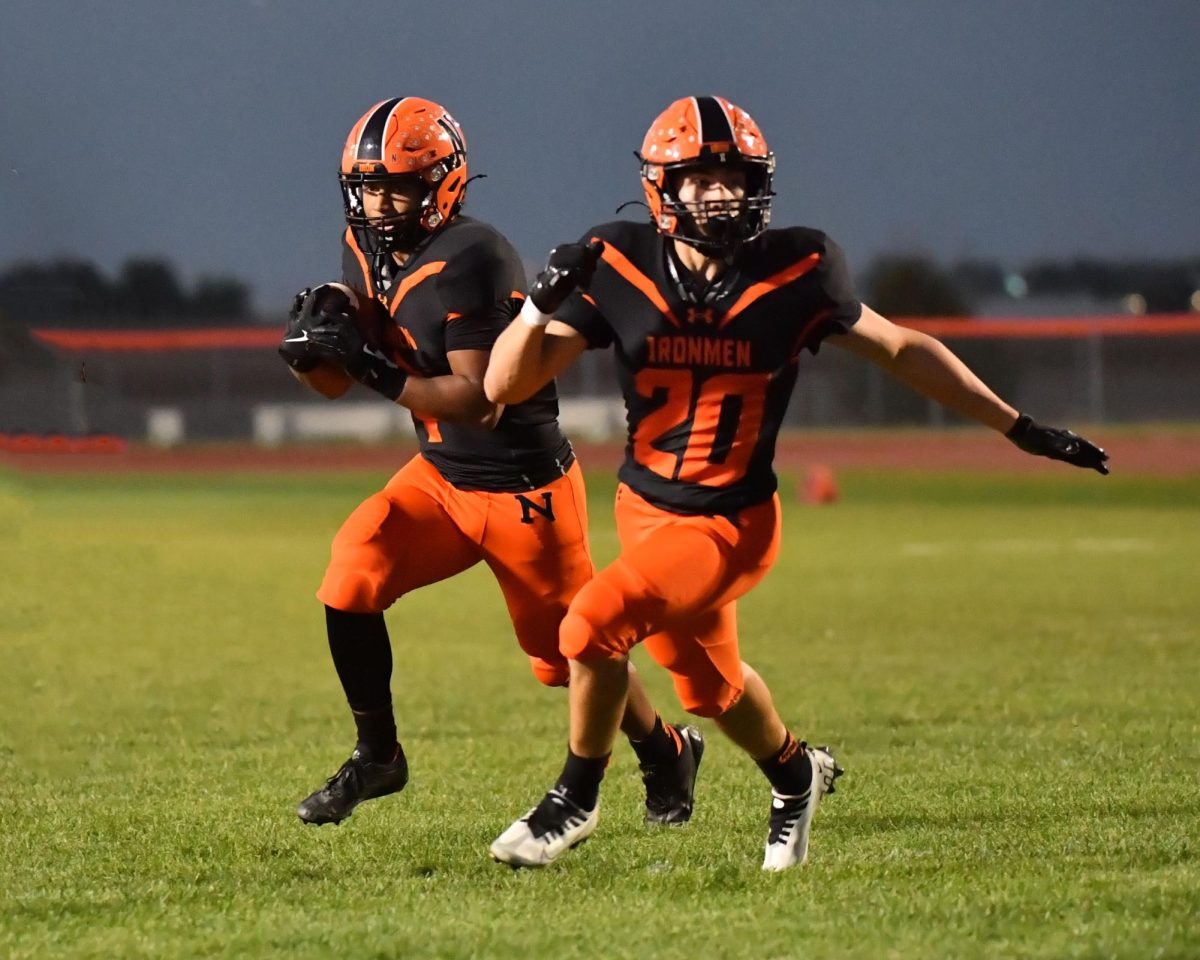







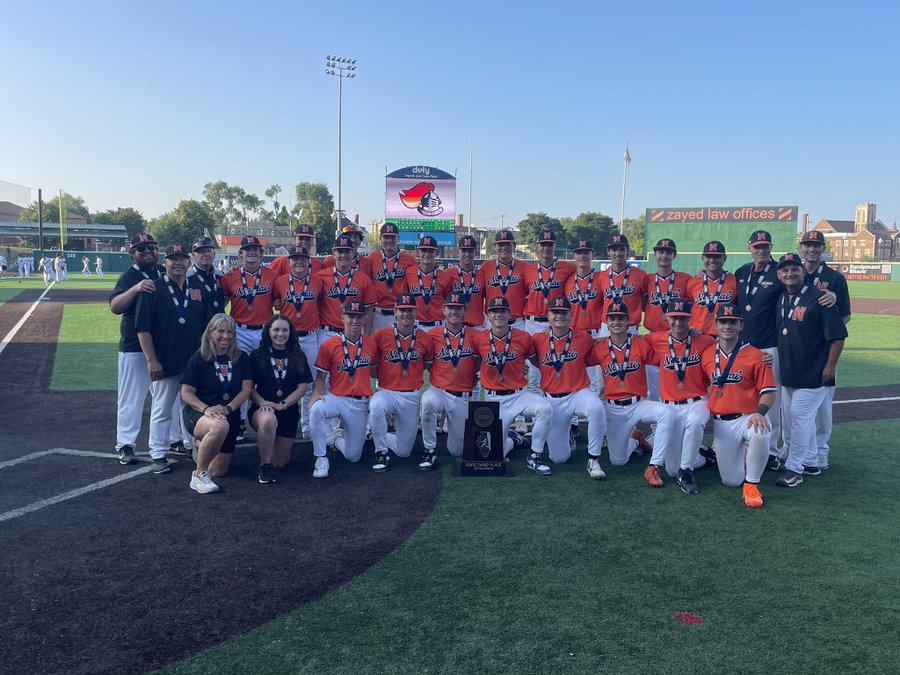








![Halloween candy cross section quiz [quiz]](https://nchsinkspot.com/wp-content/uploads/2022/10/Candy-cover-big-900x675.png)
![Average Jonah? [quiz]](https://nchsinkspot.com/wp-content/uploads/2022/05/average-jonah-900x600.png)







![[Photo Illustration]](https://nchsinkspot.com/wp-content/uploads/2025/09/trigger-words.png)










![Week 5: Coach Drengwitz previews the Ironmen’s matchup vs. Peoria Manual, recaps Week 4 [video]](https://nchsinkspot.com/wp-content/uploads/2025/09/Week-5-v-Rams-1200x675.png)
![Postgame reaction: Coach Drengwitz on Community’s 28-17 Loss to Kankakee [video]](https://nchsinkspot.com/wp-content/uploads/2025/09/Week-4-postgame--1200x675.png)





![Week 4: Coach Drengwitz previews the Ironmen’s matchup vs. Kankakee [video]](https://nchsinkspot.com/wp-content/uploads/2025/09/Ironmen-v-Kankakee-video-1200x1200.png)
![On the Spot: This or That – Halloween [video]](https://nchsinkspot.com/wp-content/uploads/2024/10/tot-Halloween-YT-1200x675.png)
![On the Spot: This or That – Fall favorites [video]](https://nchsinkspot.com/wp-content/uploads/2024/10/ots-fall-web-1200x800.png)
![On the Spot – Teachers tested on 2023’s hottest words [video]](https://nchsinkspot.com/wp-content/uploads/2024/01/On-the-Spot-Teachers-tested-1200x675.png)








